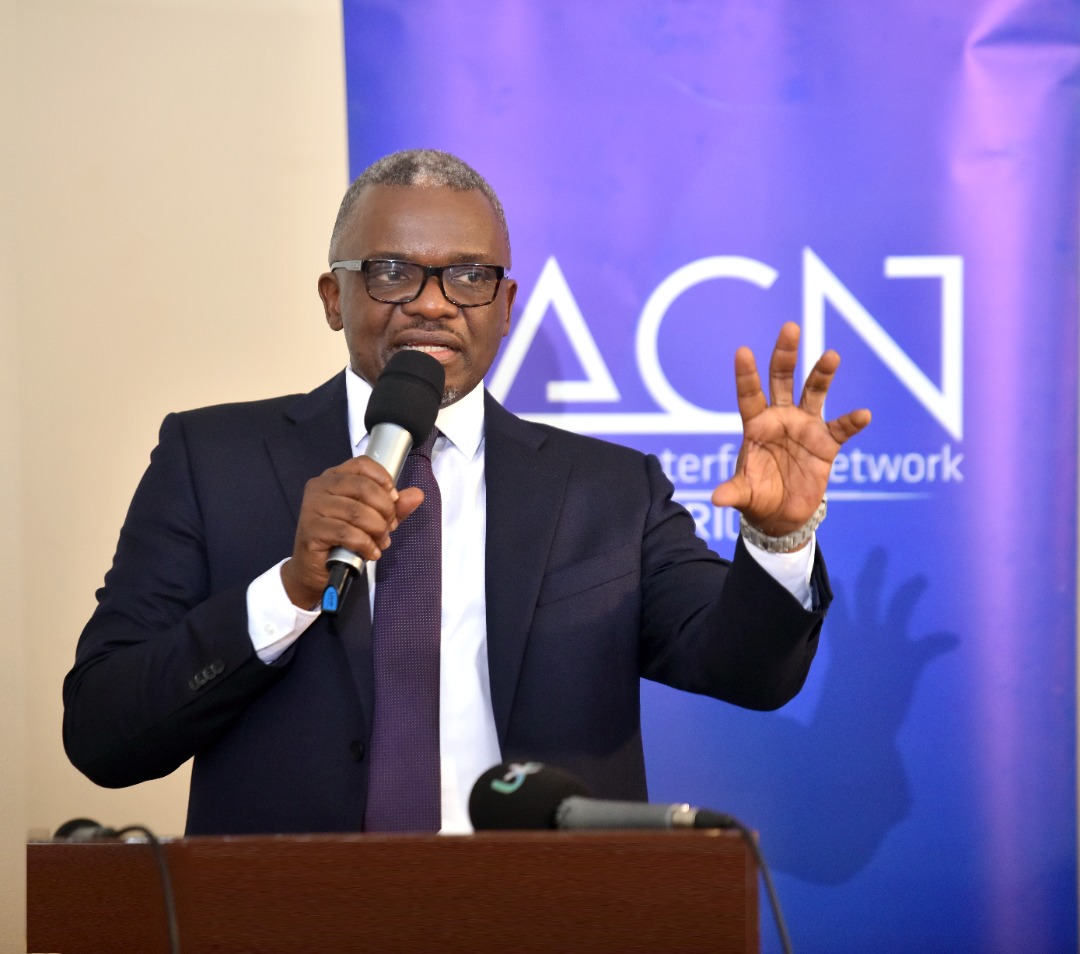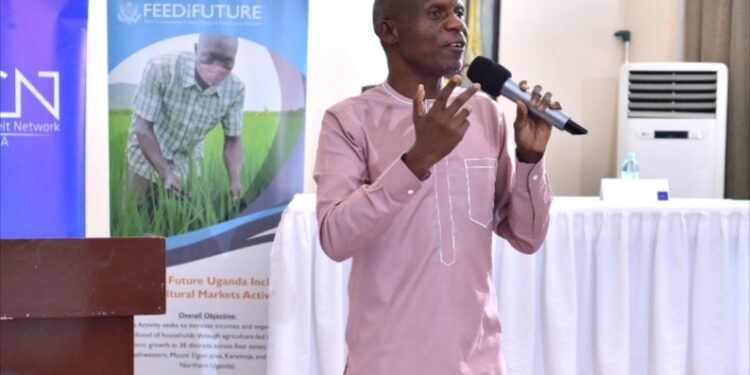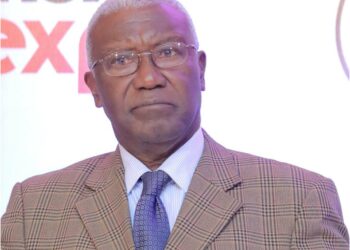Personnel from the Ugandan Judiciary have been urged to meticulously craft a definite body of evidence to implicate malicious individuals who deal in counterfeit products.
This call was made by Mr. Collins Apuoyo, the Chief of Party at Feed the Future Uganda during an awareness training for magistrates and prosecutors, sponsored by United States Agency for International Development (USAID), in close collaboration with Anti Counterfeit Network (ACN).
The sensitization program for personnel in the judicial sector was embraced by more than 100 magistrates and prosecutors including those from the Director of Public Prosecution (DPP) office, lawyers, representatives from Uganda Police Force (UPF) and other high-end invited guests.
Feed the Future Uganda, the entity that organized the event at Protea Hotel Kololo is a project that aims to increase the capacity of government agencies in combating counterfeit in agro-inputs in order to ensure food security.

“Where there is no evidence, I want to challenge you to actually build the body of evidence that can be used, I am sure you have handled these cases and I know what came out of them,” Mr. Collins made an appeal.
Judicial officers present at the function were also advised to use an important tool of precedents from previous counterfeit-related court cases to apprehend and convict transgressors.
Mr Apuoyo who spoke bruntly to the participants revealed that alarm bells need to be sounded because of a counterfeit crisis that has culminated into Uganda’s tepid economic recovery, due to dwindling export volumes to Europe and other parts of the world because of excessive chemicals in fruits and vegetables caused by agro-chemicals that are fake and do not meet the required standards.
The situation regarding counterfeit of agro-inputs according to Mr Apuoyo is worse to the extent that it threatens to imperil farmers’ sources of earning due to increased rejection of their contaminated exports on the world market.
Worth noting, he also suggested the creation of a special court on counterfeit to deal with the challenge of repeat offenders, that is to say; culprits who pay affordable fines and are released from custody after being apprehended, only to go back and deal in fake products, creating a vicious cycle.
The sensitization drive was therefore intended to increase consumer awareness on the effects of counterfeit so that they stop demanding and paying for counterfeit, devising ways of strengthening Uganda’s laws and penalties on fake products to aggressively deal with transgressors.
Counsel Fred Muwema, the ACN Director for Legal and Corporate affairs was one of the high profile guests at the function.
He highlighted to participants how the law can be effectively utilized to fight counterfeits. He offered detailed explanations about different laws available in Uganda which can be used as a wielding stick to crack down on fake products.
These among others according to counsel Muwema include; the Kampala City Council Meat Ordinance of 2006, the Food and Drugs Act of 1959, the UNBS act of 1993 and the Trademark Act of 2010 in which it is stipulated that counterfeiting a trademark is an offence, and on conviction attracts a sentence of about UGX 2.5 million and 5 years in jail.
He selflessly issued direct appeals to all stakeholders in the agricultural sector to cooperate and ensure that the sphere is cleansed of counterfeit products which threaten food security, sovereignity and Uganda’s balance of payment position (BoP) due to reduced exports.
“These days markets are sensitive, people can check for toxins, for pesticide residues and contamination, the world is more and more health conscious, if we dont put more effort in supplying quality products that promote the health of consumers, we shall have no market,” said Muwema.
Counsel Muwema also appealed to every Ugandan citizen to engage in practices that ensure the use of genuine products, and also urged all brands to come out and embrace anti counterfeit measures to protect the public from dengrerous versions of contamination of their products.
“Its more expensive to buy counterfeit because you fall sick and get injured, you spend more money trying to treat yourself,” he reiterated.
The training was hinged at deepening the understanding of the problem of counterfeiting, by projecting the trained officers as consumers due to the fact that they have a role to protect themselves and the community in line with the belief that an informed consumer is an empowered consumer.
It should be noted that according to the 2022 anti counterfeit survey made by ACN, about 50% of the agro-inputs in Uganda are fake, with more than 30% of substandard seeds on the market, and worse still, estimates are even higher in pesticides, fungicides, bacteriacides and acaracides.
This raises alarm and creates an urgent need for action because it imperils Uganda’s economy. For instance according to the 2018 report by Uganda Agro-input Dealers Association, the country looses about 14 billion annually to counterfeit.
Do you have a story in your community or an opinion to share with us: Email us at editorial@watchdoguganda.com













